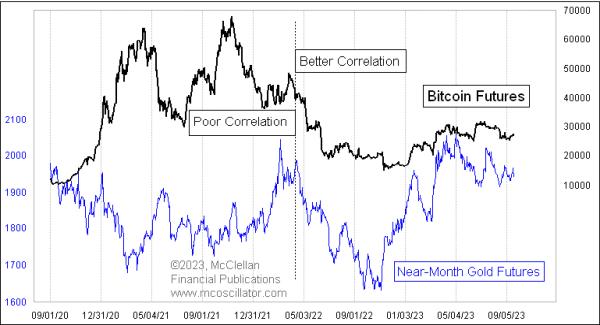As Bitcoin continues to become a go-to method of payment, it is natural to ask, “What is Bitcoin and how has it changed?”
Bitcoin is a form of digital currency that is powered by a decentralized peer-to-peer network. This network is made up of computers, known as nodes, that together process and verify transactions. It is similar to traditional currency in many ways, except for the fact that it is entirely digital. Since its inception in 2009, Bitcoin has been slowly but steadily becoming a more accepted method of payment across the world as its useable characteristics make it valuable to businesses and customers alike.
Whereas traditional currencies are backed by a centralized banking system, Bitcoin is decentralized and relies on digital encryption methods, making it a much more secure form of currency. Bitcoin also has no inflation or devaluation, which eliminates the hassle of adjusting payment amounts due to changes in the value of a currency.
When talking about the changes Bitcoin has created, it’s impossible to overlook the growth of blockchain technology. Blockchain technology is the backbone of Bitcoin, providing a secure and reliable platform for the transferring of funds and creating trust between users and the network. The cryptocurrency is stored on the blockchain where it can’t be changed or taken away without the permission of the owner. This technology has helped to revolutionize the business world, especially for banks and finance companies, as it can be deployed for activities such as recording financial transactions and verifying the properties of documents.
Overall, Bitcoin has changed the way the world looks at currency. It has created a more secure form of payment and also paved the way for the development of innovative technologies like blockchain. As its value continues to increase, more and more businesses are looking to Bitcoin as an alternative currency solution. The concept of a digital currency is here to stay and the changes Bitcoin has created will continue to shape how the world interacts with money in the future.
















